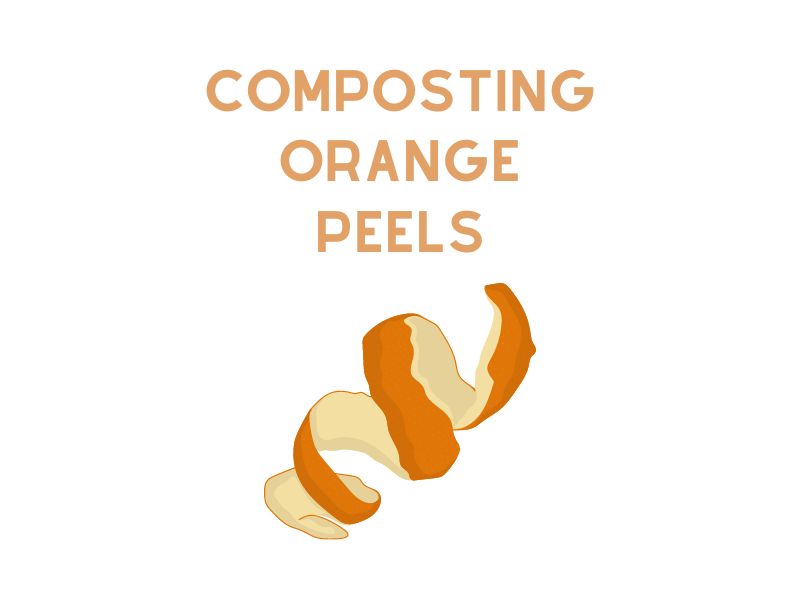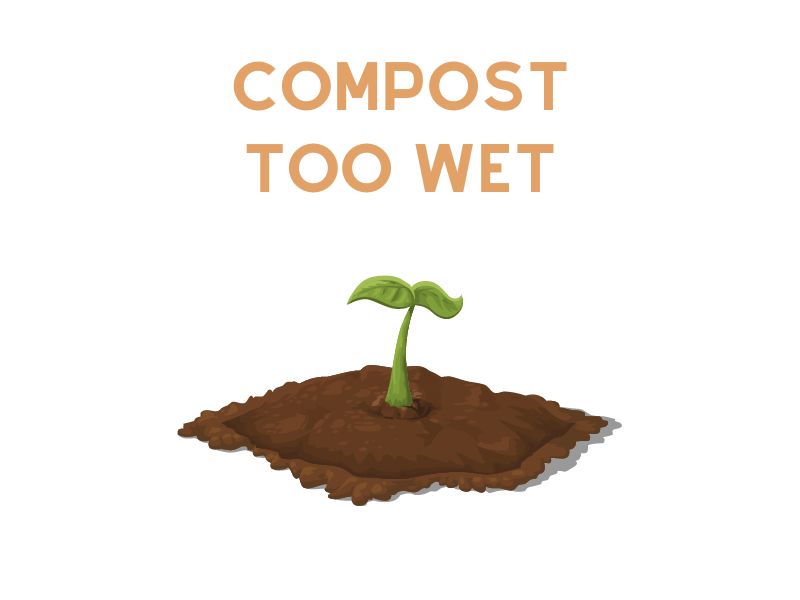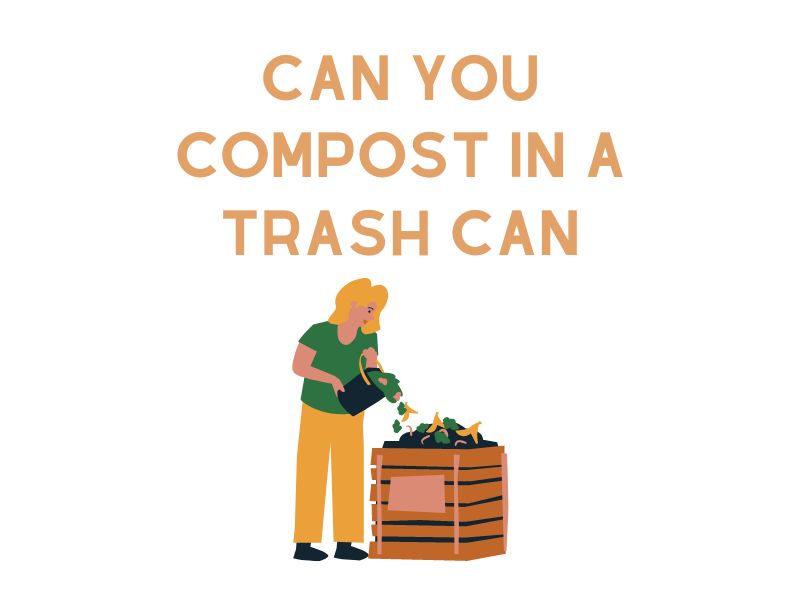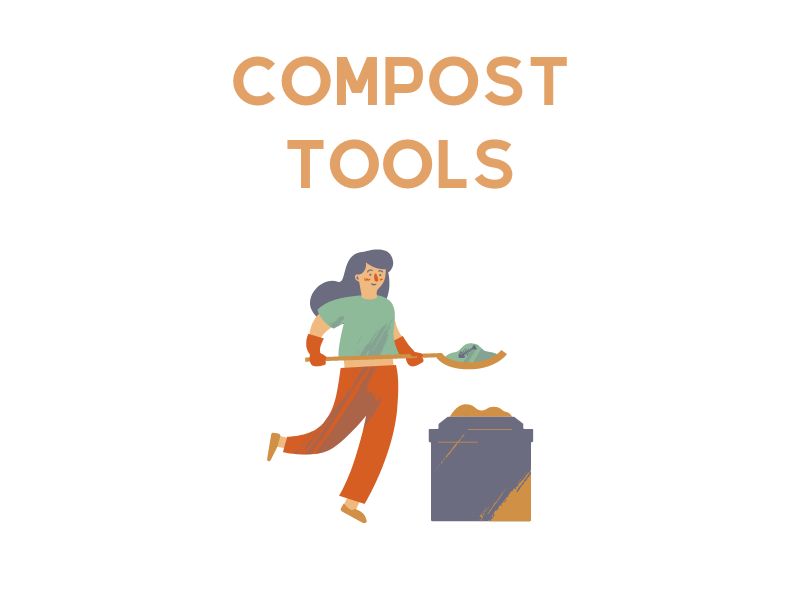Composting has long been hailed as a game-changer in the sustainable living space. It is a natural process that transforms our everyday organic waste into nutrient-dense soil conditioner, reducing landfill waste, lowering our carbon footprint, and helping nourish our gardens. While many of us are familiar with composting items like vegetable scraps, coffee grounds, and eggshells, the practice of composting citrus fruits such as oranges and lemons may seem less straightforward.
Citrus peels are a common kitchen scrap that often end up in our waste bins. However, these vibrant peels are rich in nutrients that can benefit our garden soil. Despite their potential, many gardeners are hesitant about adding them to their compost piles, mainly due to misconceptions surrounding their high acidity and the presence of specific compounds like d-Limonene.
This article aims to demystify the process of composting citrus peels. We will delve into the science behind composting orange and lemon peels, explore the common concerns and how to navigate them, and provide a detailed guide on how to compost citrus peels effectively. So, if you’ve ever wondered, “Can I compost oranges or lemons?” you’re in the right place. Let’s dive in!
Is Composting Citrus, Including Oranges or Lemons, Feasible?
Certainly, composting citrus fruits, inclusive of oranges and lemons, is not only feasible but also advisable. All citrus peels, from the zest to the white pith, fall under the category of green compost material, which means they are rich in nitrogen—an essential nutrient for the composting process.
Contrary to a common misconception, the intrinsic nature of citrus peels doesn’t hinder their ability to be composted. Instead, these peels can be a valuable addition to your compost pile. By composting citrus peels, you can repurpose your kitchen waste into nutrient-rich compost that can significantly benefit your plants and soil health.
However, it’s crucial to understand that composting citrus fruits requires a slightly different approach than composting other kitchen scraps. Certain characteristics of citrus peels, such as their high acidity and the presence of certain natural compounds, require a more nuanced approach to ensure successful composting. But fear not, with the right knowledge and some simple tips and tricks, you can effectively compost citrus peels and reap the benefits in your garden. In the following sections, we’ll delve into these considerations in detail and offer practical solutions to compost citrus peels effectively.
The Controversy Surrounding Composting Citrus Peels
When it comes to composting, citrus peels have been the subject of debate among gardening enthusiasts and experts alike. Although they are undeniably rich in essential nutrients, their inclusion in compost piles often sparks controversy due to several reasons.
One of the main concerns involves the acidity of citrus peels. Citrus fruits, including oranges and lemons, are well-known for their high acid content. Many believe that this acidity can persist in the compost pile, potentially disrupting the pH balance of the resulting compost, and by extension, the soil to which it is added.
Another concern is the presence of a natural compound called d-Limonene, which is commonly found in the oil of citrus peels. D-Limonene is known for its robust insecticidal properties, and there is a worry that it may not only deter pests but also harm beneficial microbes in the compost, slowing down the decomposition process.
Finally, the strong, aromatic scent of citrus is another point of contention. Some gardeners fear that the potent smell may attract pests like rodents, or conversely, repel beneficial creatures like earthworms from the compost pile.
Despite these concerns, it’s important to remember that composting is a dynamic process that involves a myriad of biological interactions and transformations. While these characteristics of citrus peels might seem problematic initially, they are not insurmountable. As we delve into the science of composting citrus peels in the next section, you’ll see that these potential issues can be addressed effectively.
The Science Behind Composting Orange Peels
Despite these concerns, the science behind composting supports the inclusion of orange peels. As the composting process progresses, the acidity of citrus peels neutralizes, meaning it will not significantly alter the pH of the finished compost. The compounds like d-Limonene also break down over time. Importantly, orange peels contribute valuable nutrients, including nitrogen, to the compost.
How to Compost Orange Peels Effectively
To compost orange peels effectively, follow these steps:
- Cut the peels into small pieces: Smaller pieces decompose more quickly and evenly.
- Balance with ‘brown’ materials: Balance the ‘green’ waste (like orange peels) with high-carbon ‘brown’ materials such as dried leaves, straw, or shredded paper.
- Turn your compost pile regularly: This helps to speed up the decomposition process and evenly distribute heat and microbes.
- Be patient: Citrus peels may take a bit longer to break down than other kitchen scraps.
Anticipating and Addressing Challenges: Potential Pitfalls and Solutions in Citrus Peel Composting
Composting is a generally straightforward process, but when incorporating unique materials like citrus peels, you may encounter a few challenges. Acknowledging these potential pitfalls ahead of time allows you to prepare for them, ensuring a successful composting experience.
1. Slower Decomposition Process: Citrus peels are thicker and tougher than many other kitchen scraps, which can make them slower to decompose. To combat this, consider chopping or tearing the peels into smaller pieces before adding them to your compost. This increases their surface area, allowing microbes to break them down more efficiently.
2. Pest Attraction: The strong aroma of citrus can potentially attract pests to your compost pile. To mitigate this, ensure that your compost pile is well-balanced with plenty of ‘brown’ materials like leaves, straw, or paper. This helps to mask the scent and keeps the compost pile from becoming overly moist, which can also attract pests. Turning your compost pile regularly can also help to bury any freshly added citrus peels, making them less accessible to pests.
3. Issues with Vermicomposting: If you’re using a worm bin for composting, also known as vermicomposting, worms may initially be sensitive to the acidic nature of citrus peels and the d-Limonene they contain. The solution here is moderation. Add small amounts of citrus peels at a time, allowing the worms to acclimate. Over time, the peels will break down, neutralizing their acidity and allowing the worms to process them comfortably.
These potential challenges shouldn’t discourage you from composting citrus peels. With the right practices and a little patience, you can navigate these issues and create a nutrient-rich compost that benefits your garden. The key is understanding these potential pitfalls and how to effectively handle them.
Final Thoughts
In conclusion, composting orange peels is not only possible but highly recommended. These citrus remnants are an excellent addition to your compost pile, offering numerous benefits both for your garden and the environment.
Orange peels are rich in nutrients like nitrogen, phosphorus, and potassium, which are essential for healthy plant growth. When added to the compost, they contribute to the overall balance of organic matter, providing nourishment to the microorganisms responsible for decomposition. As the peels break down, they release these nutrients into the soil, enhancing its fertility and promoting robust plant growth.
Furthermore, orange peels can also improve compost quality by enhancing its moisture retention capabilities. They act as a natural sponge, helping to regulate moisture levels in the compost pile. This is particularly beneficial in hot and dry climates where water evaporation can be a challenge.
Another advantage of composting orange peels is their ability to deter pests. The strong citrus scent of the peels repels certain insects and critters that may otherwise damage your garden. By incorporating orange peels into your compost, you can create a protective barrier against unwanted pests, ensuring the health and safety of your plants.
It’s important to note that orange peels take longer to break down compared to other organic materials. To expedite the decomposition process, it’s recommended to cut or shred the peels into smaller pieces before adding them to the compost pile. Additionally, maintaining a balanced compost heap with a mixture of green (nitrogen-rich) and brown (carbon-rich) materials will facilitate faster decomposition.
In summary, composting orange peels is an excellent way to reduce waste, improve soil quality, and support sustainable gardening practices. By harnessing the power of these nutrient-rich remnants, you can transform them into valuable compost that will nourish your plants and promote a thriving garden. So don’t throw those orange peels away; instead, put them to good use and let nature work its magic in your compost pile.
Frequently Asked Questions
What if I use worms in my compost?
If you’re using a worm bin or vermicomposting, it’s best to add citrus peels gradually and in small amounts. Some worms may be sensitive to the acidic nature of citrus peels and the compounds they contain.
Can I include citrus seeds in my compost?
Yes, citrus seeds can be composted. They may take a bit longer to break down than the peels, but they will eventually decompose.
Can I use moldy citrus in my compost pile?
Yes, moldy citrus can be composted. In fact, the mold can help kickstart the decomposition process.
How Long Does It Take for Orange Peels to Decompose in Compost?
The time it takes for orange peels to decompose in compost can vary depending on factors like the size of the peel pieces and the conditions in your compost pile. Generally, it can take anywhere from 6 months to 2 years. Cutting the peels into smaller pieces and turning the compost pile regularly can help speed up the process.




